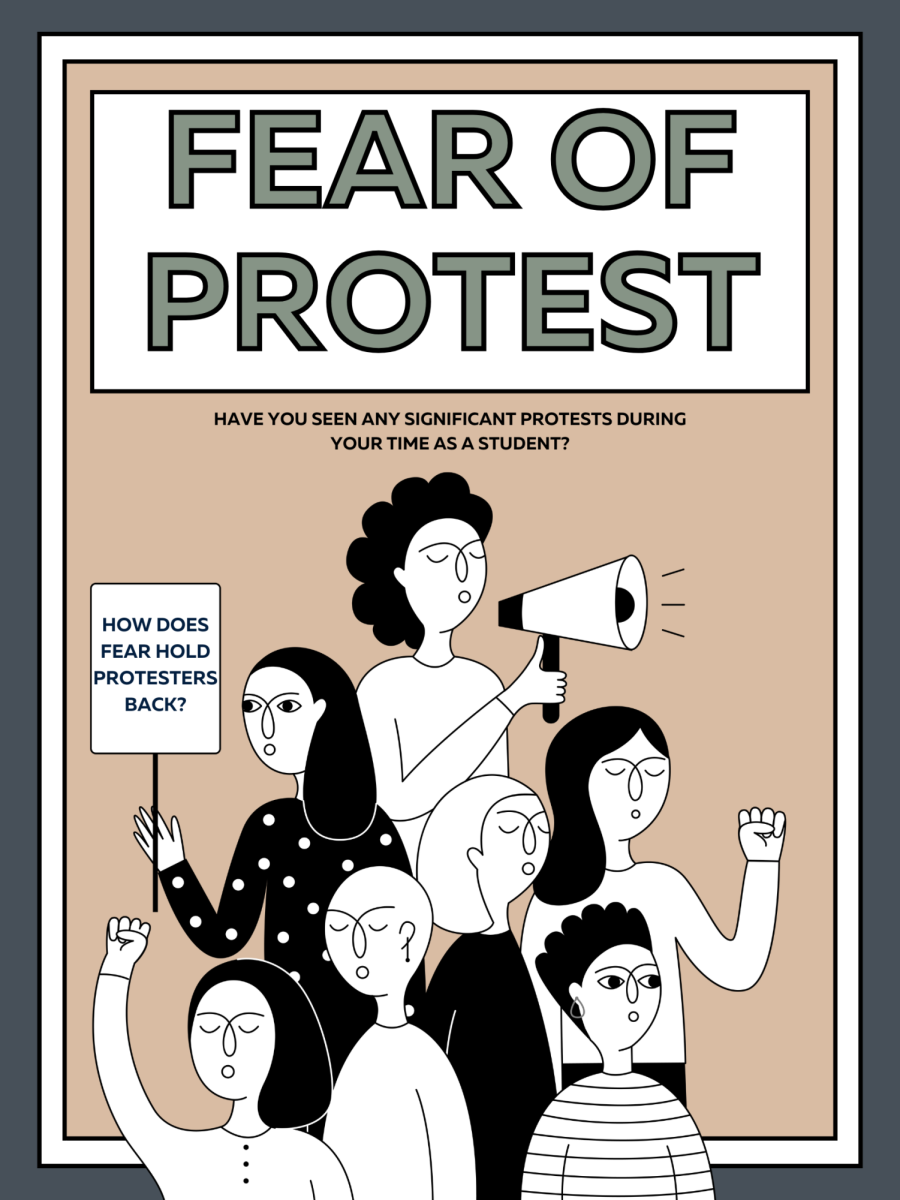Protesting established the roots for this country’s independence from its parent country. But now in the 21st century, Americans are battling other injustices while still maintaining the spirit of protesting, enabling them to advocate for rights.
Protesting is not something reserved for the older generations. Some of the younger generations have been active in educating themselves on what protesting means. With the increase of social justice issues against marginalized minorities, many groups of people of all ages have united to protest for what they believe is right.
“Protesting can take many forms,” science department head Nancy Cianchetta said. “It could be as simple as signing a petition or making phone calls to a local official. Protesting could take a more public facing view if a person were to hold signs at a rally, speak out in a public forum, or to organize a group to collect signatures in public spaces or in line.”
But in this climate of uncertainty and divisiveness, the fear of facing consequences for exercising this right has been making some people think twice before speaking up.
“Fear holds protestors back because they don’t know what the outcome will be and what kind of trouble they will go through during or after protests,” junior Akanksha Neupane said.
“It causes them to think about the consequences that they could face for just using their First Amendment Right, even though we have it to be able to retaliate when needed,” sophomore Jennifer Moura said.
A lot of people are aware of protests that take place in their city or around the country via news, but they aren’t able to join in for a variety of other reasons as well.
“I’ve seen a couple but never was given the chance to take part in them because of my parents,” junior Gustavo Neto said.
“I’ve also just never been one to protest or like participating in protesting because of the crowds,” junior Medina Dedic said.
One particular community member, a former student at Everett High, spoke on the condition of anonymity about the consequences they faced in their job for getting involved in protesting at the local level.
“I was told by my supervisor that if I protested against certain local officials I would be fired,” one former student who wished to remain anonymous said. “I was then fired after orchestrating a walkout and told I needed to learn to appreciate what the people I was protesting against had done for me,” the former student continued.
Despite these stories, some remain fearless.
“I don’t feel afraid to protest at all because you shouldn’t be afraid to speak your mind especially on a topic that is important to you,” freshman Giuliana Ring said.




